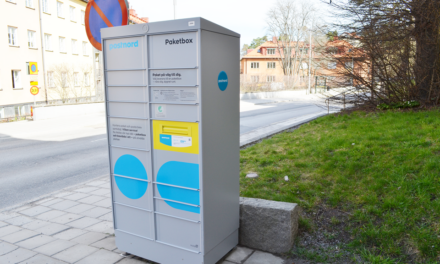
London Post strike could delay mail by five days
A 24-hour postal strike in London yesterday put a stop to deliveries and left a backlog of mail that could take five days to clear.
As many as 28,000 Royal Mail workers, mainly delivery and sorting staff, took industrial action over the level of London living allowance. The Communication Workers’ Union has rejected Royal Mail’s London weighting offer of Pounds 3,784 per year for inner London and Pounds 2,667 per year for outer London, and is demanding Pounds 4,000 for all staff in the capital.
Royal Mail said one in 20 workers reported for duty in central London, and one in 10 in outer areas.
Thousands of managers, some from outside London, were called in to ensure special deliveries, and many of them were assigned to the Mount Pleasant sorting office in Clerkenwell.
The union’s postal executive is expected to meet in the next few days to discuss further action in London, including the option of joining a Unison-organised strike by local government workers on October 16.
Adam Crozier, chief executive of Royal Mail, apologised for what he called an unnecessary strike that would cost the company up to Pounds 10m. “We have done everything possible to collect and keep safe our customers’ mail, but it will take up to five days for all delayed mail to work through the system,” he said.
Post offices, the majority of which are independent and run by non-unionised subpostmasters, remained open.
At one large post office in south London, the National Lottery ticket concession was unmanned but other services were functioning as usual. Even though Royal Mail had asked users not to send anything on the day of the strike, a steady stream of people was posting items outside.
Several large companies said their increasing use of alternative forms of communication, such as e-mail, had reduced the disruption.
Investment banks including Goldman Sachs, Barclays Capital and JP Morgan said a very small proportion of their research and other documents is sent by conventional post. Most research is now e-mailed to clients while more urgent post is sent by courier, they said.
Retail banks and utility companies are heavy users of mail services despite the rise of internet banking and direct debits because they are required by law to send hard copies of certain statements and bills by post.
Rival post companies said strikes at Royal Mail did not necessarily mean that they would gain customers. David Sibbick, director of regulatory affairs at Hays, said: “Contrary to expectations, we do not rub our hands when Royal Mail is in trouble. Their problems are bad for the postal industry in general and encourage customers to switch to channels such as electronic mail.”












